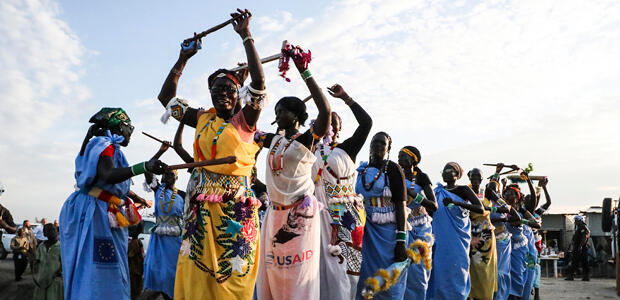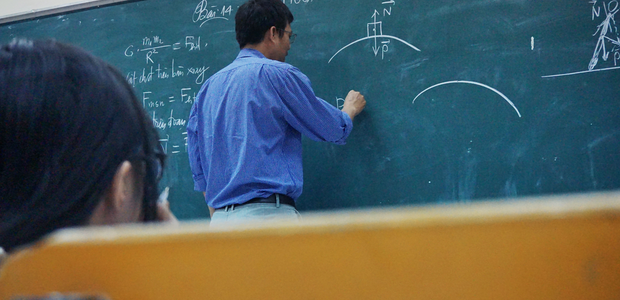Andrea Vaccaro on how (the lack of) state experience shapes today’s fragile states
Andrea Vaccaro presents at the WIDER Seminar Series on 20 March 2024.
Past stateness, present fragility: how (the lack of) state experience shapes today’s fragile states
Abstract
According to the prevailing paradigm in international development policy, well-functioning state institutions play a crucial role in facilitating effective international aid. Despite a significant increase in the number of fragile countries in recent years, there has been however limited progress in understanding how aid can be made more effective in these contexts. Our study argues that one of the main obstacles to this progress lies in the conceptualization and measurement of state fragility.
We show that it is important not only to distinguish between the core functions of the state, but also to consider variation in the duration of state fragility as well as historical experience with stateness. Drawing on existing cross-national data and a set of new indicators, we examine the interplay of these different institutional characteristics. We demonstrate that duration, degree, and ‘stateness stock’ are not the same, and that in line with our theoretical expectations, the lack of experience with stateness in the past century or so is a key determinant of chronic fragility today.
Further, our findings highlight that some functions of the state are more path dependent than others. A shift in focus from a narrow view based on current conditions of fragility towards considering also the historical legacy of stateness is essential to shed light on the root causes of fragility and provides valuable insights on how the effectiveness of aid can be increased in fragile countries.
About the presenter
Andrea Vaccaro is a Postdoctoral Research Fellow at the Blavatnik School of Government, University of Oxford, and an Associate Member of St Antony’s College. His research interests lie at the crossroads between comparative politics and global development. Recently, he has worked on the interplay between the state, political regimes, and development, as well as international aid, COVID-19 responses, and measurement and indicators. His research has been published in academic journals such as Development Policy Review, European Political Science, Italian Political Science Review, Journal of International Development, and Quality & Quantity, as well as media outlets such as The Conversation and The Loop.
Prior to his current role, he was a Visiting Researcher at the World Institute for Development Economics Research, United Nations University (UNU-WIDER), a Postdoctoral Researcher at the University of Insubria, and taught a master’s level course in Theories and Policies of Economic Development at the Sapienza University of Rome. He received his PhD from the Sapienza University of Rome, with a dissertation titled ‘On the Measurement of State Capacity: Quantitative Questions and Conceptual Considerations’. During his doctoral studies, he also spent time as a Visiting PhD Fellow at UNU-WIDER and as a Visiting PhD Researcher at the Quality of Government Institute, University of Gothenburg.
WIDER Seminar Series
The WIDER Seminar Series showcases the latest research on key topics in development economics. It provides a forum for senior and early-career researchers, both in-house and external, to present recent and ongoing work related to UNU-WIDER’s current work programme.
In addition to providing a forum for both academic debate and training, the series presents an opportunity for policymakers and others interested in development to learn about the latest research methods and findings.
The WIDER Seminar Series events take place on Wednesdays. All those interested are invited to register and attend via Zoom or in person.
 Join the network
Join the network
